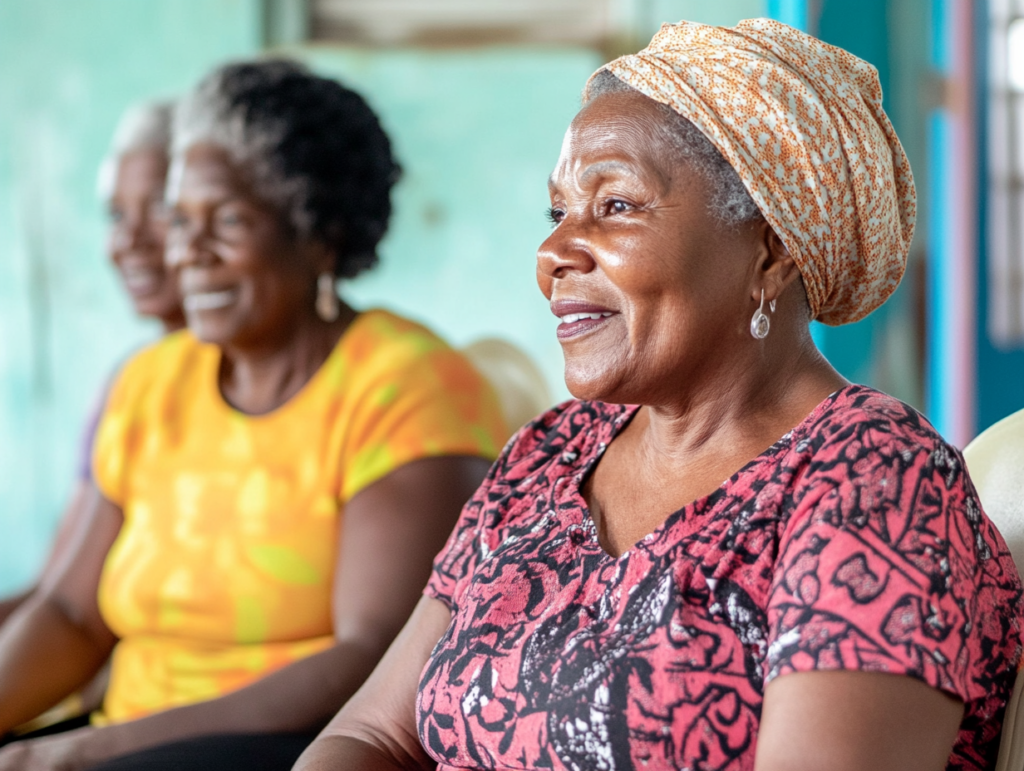Project 1: Informing equitable implementation of the NHS digital health check

Background:
Since 2018, NHS Health Checks have aimed to help people aged 40-74 look after their health, including reducing their dementia risk. But people from minority ethnic groups are less likely to take up the offer of an NHS health check. Which is concerning given that minority ethnic groups are at higher risk of dementia. No prior research has looked at why there might be inequalities in the proportion of people at risk of dementia who access a health check. We do not know how the transition to digital health checks will affect who takes part in the checks and whether they adopt the health and lifestyle recommendations. This project seeks to predict the effects of the digital health check rollout, particularly on dementia prevention and its accessibility.
Aims and objectives:
This research aims to investigate how the shift to digital health checks will affect how many people choose to take part in them, particularly among minority ethnic and underserved communities. We will look at who uses the Alzheimer’s Research UK (ARUK) Think Brain Health online tool and current NHS health checks, to see whether some minoritised groups in the general population are less likely to access these resources. We will also look at feedback from users of the ARUK tool from minoritised groups to understand their experiences compared to the majority population. A national poll will be conducted to gauge attitudes towards dementia prevention, with a focus on those at increased risk of developing dementia.
Methods:
The project will employ quantitative methods using data from the ARUK’s online Think Brain Health tool, which assesses dementia risk factors. Demographic information such as age, gender, location, and ethnicity will be compared with national census data and data on NHS health check users. Follow-up surveys from ARUK tool users will be analysed using mixed methods, with a particular emphasis on experiences of minoritised communities. A YouGov poll will be commissioned to gather further insights into attitudes towards dementia prevention and digital health checks among at-risk individuals aged 40 and above.
Policy relevance and dissemination:
The research targets individuals seeking to improve their health and reduce dementia risk, as well as policymakers and other stakeholders who want to make digital health checks more inclusive. We will collaborate with government departments and health agencies to ensure our research can be used by the teams that manage the digital health check. We will engage with relevant stakeholders across dementia, risk reduction and digital platform development to disseminate findings. We will also write a report that can feed into the digital health check strategy, publish our quantitative findings in public health journals, and present our results at conferences. ARUK will use the findings to refine the Think Brain Health tool further.
